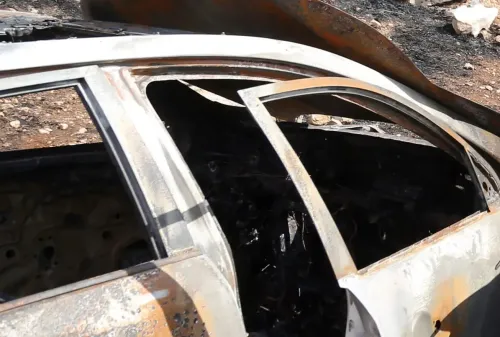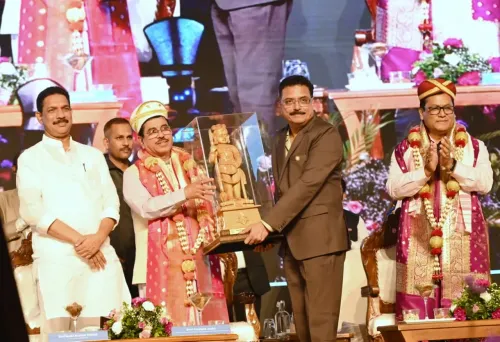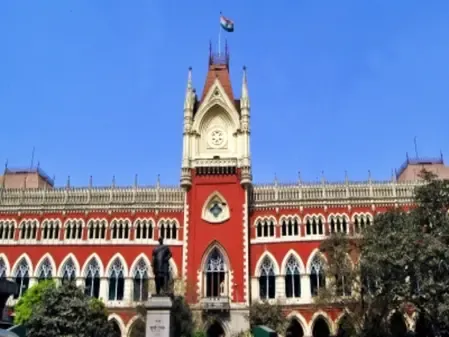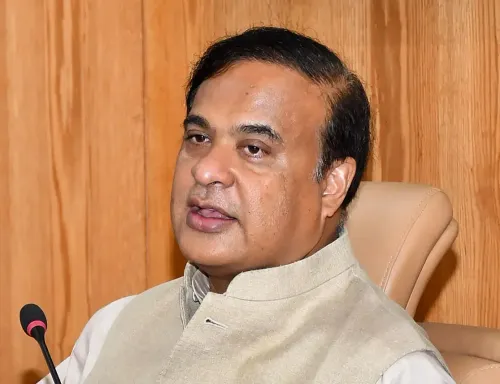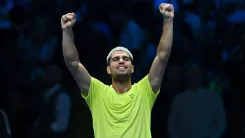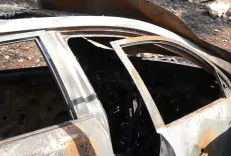Is the Delhi blast a sign of deeper issues with religious radicalisation?
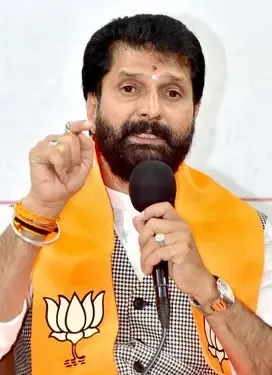
Synopsis
Key Takeaways
- Delhi blast
- Religious radicalisation
- Historical context reveals long-standing issues with mass killings in India.
- The majority of terrorists are influenced by Islamic ideologies.
- Well-educated individuals are among those involved in terrorism.
Bengaluru, Nov 12 (NationPress) In response to the tragic Delhi blast that resulted in the loss of eight lives, BJP MLC C. T. Ravi remarked on Wednesday that India has witnessed numerous instances of mass killings attributed to religious radicalisation, emphasizing the urgent need for intervention.
Addressing the media, he asserted that the Delhi blast should not be regarded as an isolated event.
Ravi, a former BJP National General Secretary, recalled the historical context, mentioning that even during the British era, the Mapilla Rebellion in Malabar, Kerala, saw Hindus as victims of mass violence.
He cited the 'Direct Action' movement in West Bengal as another example of large-scale massacres. Even post-independence, the Razakar movement witnessed similar atrocities.
The BJP leader highlighted that the family of AICC chief Mallikarjun Kharge also fell victim to such violence, having lost his mother and brother.
He pointed out that since India gained independence, thousands of bomb blasts have occurred nationwide.
According to him, around 90 percent of these incidents involved terrorists driven by Islamic ideologies, while the remaining 10 percent were influenced by Maoist or Karl Marxist ideologies.
"The ultimate aim of these groups is to instill fear, propagate violence, and undermine India through terror," he stated.
"Previously, it was believed that the impoverished and uneducated were susceptible to terrorist recruitment. However, figures like Osama bin Laden, who lived in opulence, refute this notion," C. T. Ravi remarked.
He noted that many of the recently apprehended suspects are not uneducated; numerous individuals among them are doctors, engineers, and hail from affluent backgrounds.
Highlighting India's unparalleled religious freedom, he called for a deeper investigation into the root causes.
Ravi mentioned that even during Ganesh processions, participants experience fear and apprehension, whereas Eid-e-Milad processions seem to proceed without such concerns.
"Why, then, do they feel the need to plant bombs?" he questioned.
He referred to a cleric's assertion that killing innocents contradicts the principles of Islam. "People commit acts of terror in the name of spreading Islam. I challenge them to reveal which version of Islam they genuinely represent?" he inquired.

